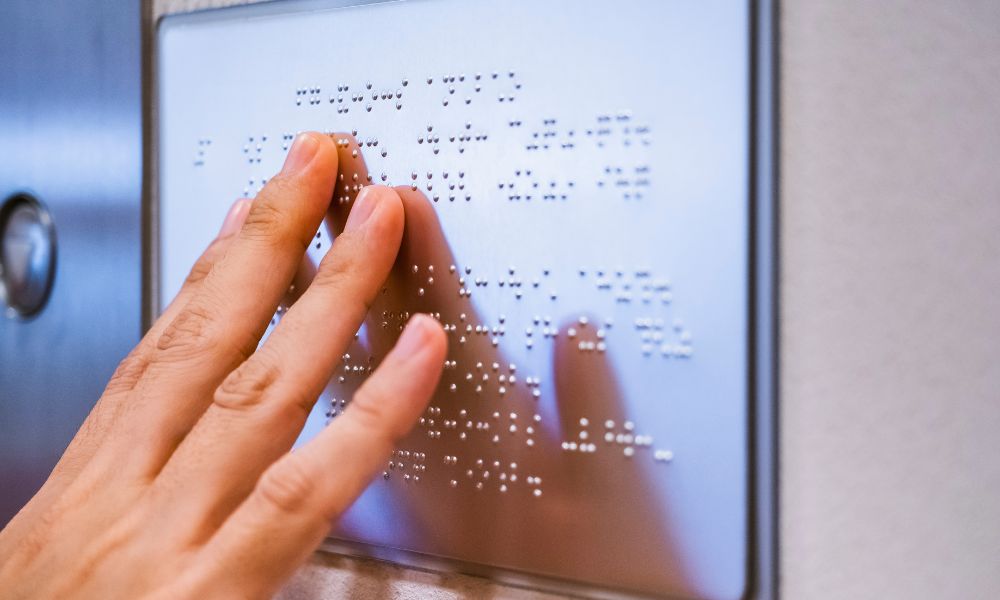Creating an inclusive experience should be at the heart of any business operation. Enhancing accessibility for the visually impaired not only demonstrates corporate social responsibility but also taps into a demographic that greatly benefits from an accessible environment. Below, we’ll explore some actionable strategies that every business, large or small, can adopt to be more welcoming and better assist those with visual impairments.
Set Up Open Pathways
One of the most cost-effective ways to support the visually impaired is by ensuring clear, unobstructed pathways. This simple step can prevent accidents and make navigating a space considerably easier. It will involve regular checks to guarantee that aisles, walkways, and corridors are sufficiently wide for a person with a mobility aid, like a cane, and are not cluttered with unnecessary furniture or display stands.
In addition to physical pathways, consider virtual ones. Ensure you optimize your website for screen readers with clear navigation, descriptive links, and alt-text for images. Simple adoptions in web design can make your online presence much more accessible to anyone with a visual impairment.
Put Up Braille Signage
Braille signs are vital for the visually impaired, as they provide essential information about surroundings, safety, and direction. Braille signage can empower those with visual impairments, so installing it in strategic locations within your business can significantly improve the experience for those who need it.
Not sure where to start? Begin with basic signposts for room numbers, exits, restrooms, and elevators. If transferring your entire range of signage seems daunting, start small. Focus on areas of high traffic first or places where clear and immediate information is the most vital.
Utilize Specific Technologies
Technology offers various methods for making a business more accessible to the visually impaired. One example is beacon technology, which can help visually impaired customers to be aware of what’s around them through their smartphones. You can use beacons to convey a wealth of information, from the availability of retail staff to the location of specific products.
Another option is the development of apps specifically aimed at enhancing the shopping, dining, or service-seeking experience for the visually impaired. These apps might include features like voice-based assistance, product recognition, and indoor navigation.
Train Staff Accordingly
Finally, a friendly and well-trained staff can make all the difference in customers’ experiences. It’s imperative to educate employees on the best ways to assist blind or visually impaired patrons, including guiding techniques, effective communication, and basic knowledge of any assistive technologies your business might use.
This training doesn’t have to be time-consuming. Often, small wholesale changes in customer service practices, like describing products or services when asked, can significantly enhance the interactions for all involved. After all, a welcoming smile and willingness to help often resonate more than any policy or equipment.









